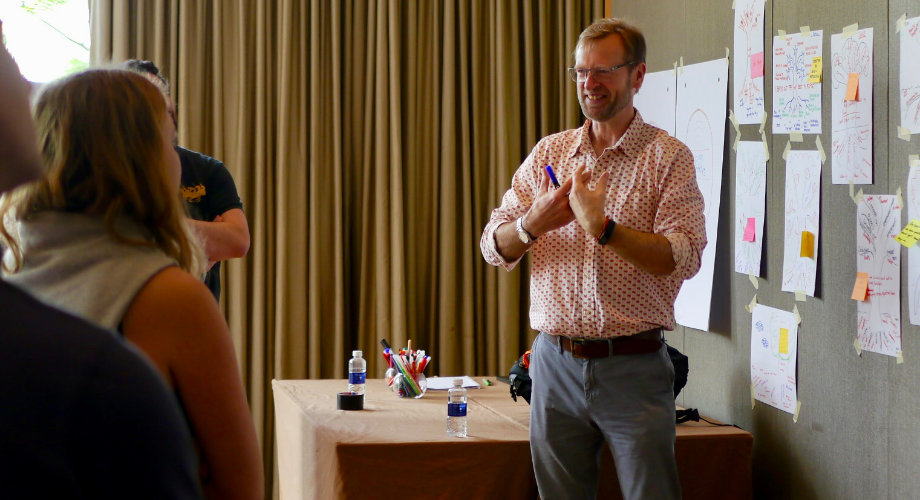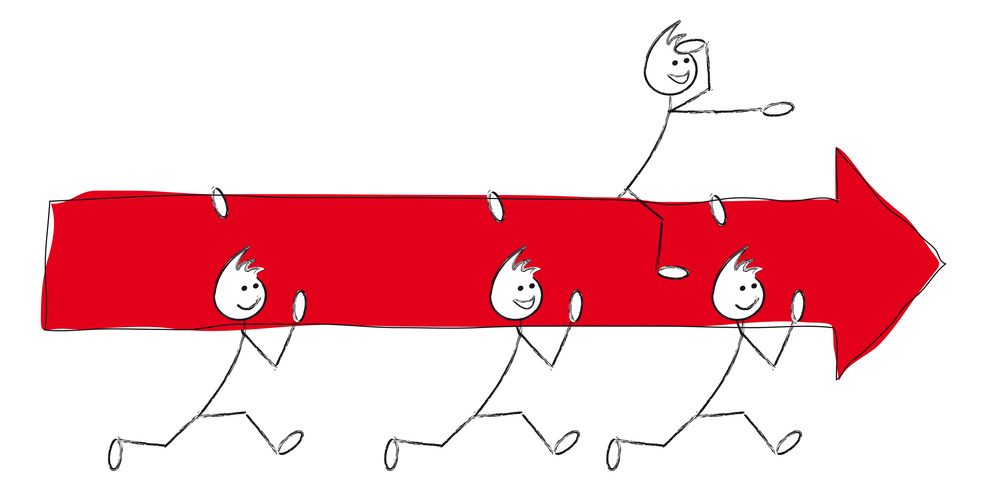The call to “think differently” doesn’t always land well. People might want to avoid looking daft. Maybe they simply don’t see themselves as being creative or maybe they think they are already doing their best. Surely this is a time when we need to innovate more than ever and the good news is that anyone can think differently.
All we need is a clear sense of “Why”, a bit of structure, and an appetite for change.
Simon Coker shares his thoughts on how you can frame the need for change and start to engage the full talents present in your team. We are running a free online workshop on Thursday 30th at 1.00 pm. It would be great to have you there. You can register here: https://lnkd.in/gCQ9cNk


